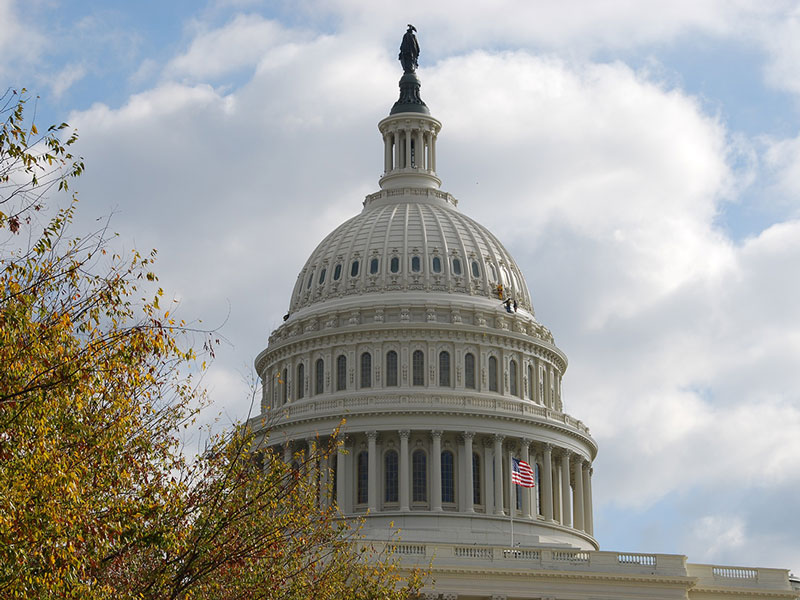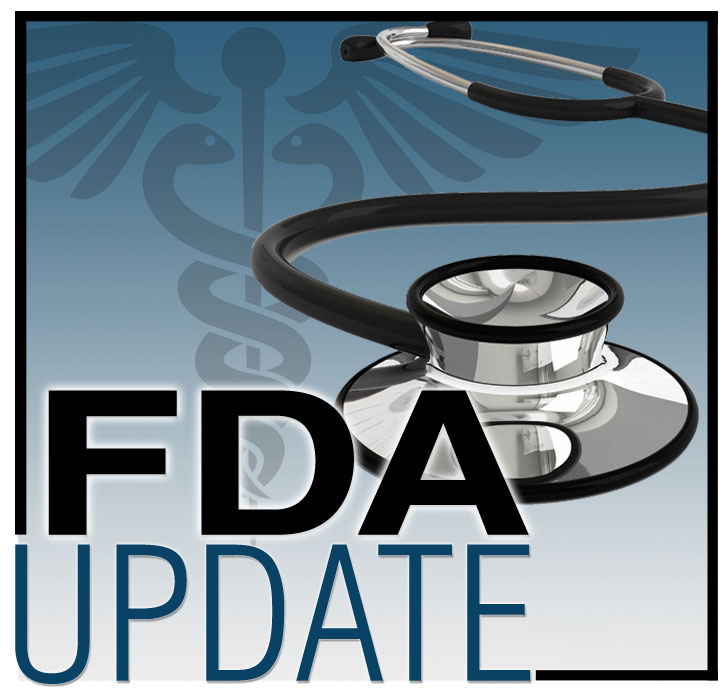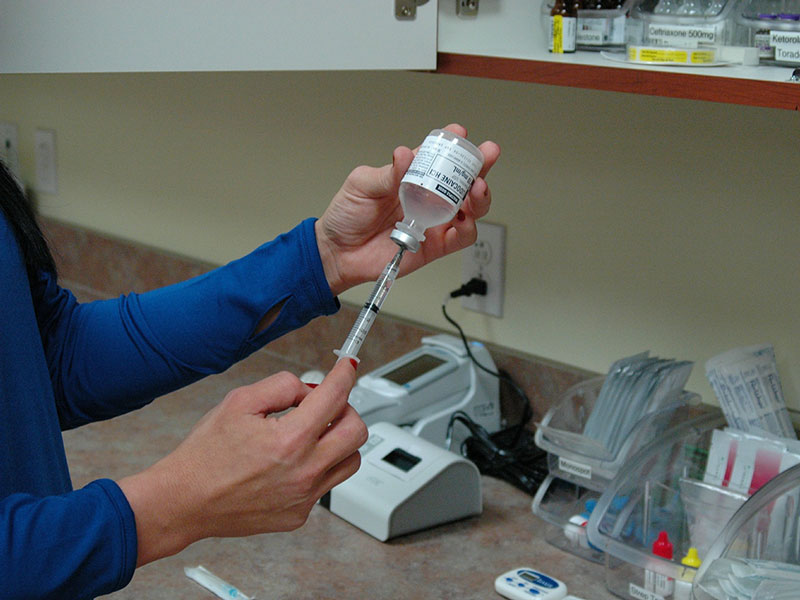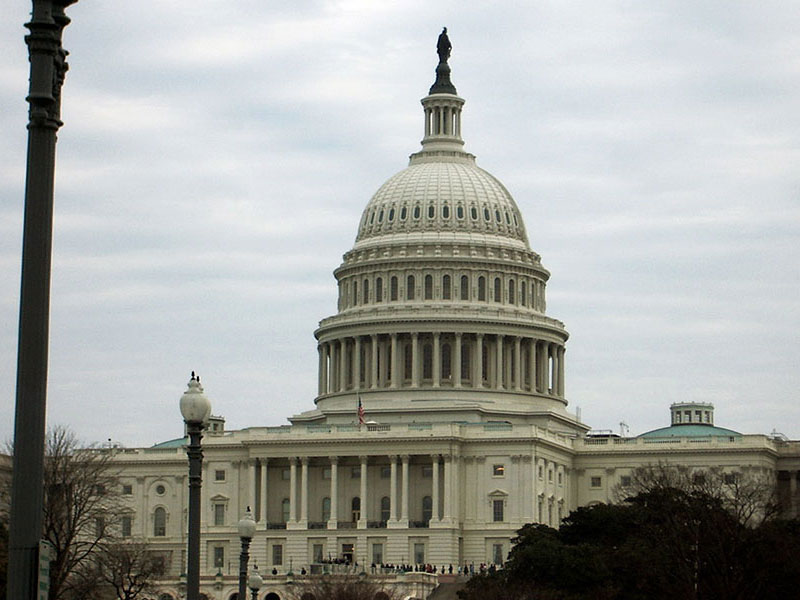Executive Order to Fight Opioid Epidemic; Trump Administration Proposes Cuts to Spending in 2017 and 2018; White House Supports April as Cancer Control Month

President Trump is a preparing a new executive order that would outline recommendations for the nation’s fight against opioid addiction. According to report released in STAT, the executive order would form a commission of four top Trump aides, including Attorney General Jeffery Sessions, Health and Human Services Secretary Tom Price, Veterans Affairs Secretary David Shulkin, and Defense Secretary James Mattis. The commission would be led by New Jersey Governor Chris Christie and would be fleshed out with another five other yet-to-be-named officials from the state government level, law enforcement, and other areas potentially impacted by the national crisis.
- Read more about Executive Order to Fight Opioid Epidemic; Trump Administration Proposes Cuts to Spending in 2017 and 2018; White House Supports April as Cancer Control Month
- Add new comment
FDA Broadens Palbociclib Indication in Breast Cancer

On March 31, 2017, the U.S. Food and Drug Administration (FDA) granted regular approval to palbociclib for the treatment of hormone receptor (HR)‑positive, human epidermal growth factor receptor 2 (HER2)‑negative advanced or metastatic breast cancer in combination with an aromatase inhibitor as initial endocrine based therapy in postmenopausal women.
FDA Grants Regular Approval to Osimertinib for EGFR T790 Mutation-Positive NSCLC

On March 30, 2017, the U.S. Food and Drug Administration (FDA) granted regular approval to osimertinib for the treatment of patients with metastatic epidermal growth factor receptor (EGFR) T790M mutation-positive non-small cell lung cancer (NSCLC), as detected by an FDA-approved test, whose disease has progressed on or after EGFR tyrosine kinase inhibitor (TKI) therapy.
- Read more about FDA Grants Regular Approval to Osimertinib for EGFR T790 Mutation-Positive NSCLC
- Add new comment
Oncology Nurse Appointed CEO of Hospital of the University of Pennsylvania

Regina Cunningham, PhD, RN, NEABC, FAAN, has been appointed chief executive officer (CEO) of the Hospital of the University of Pennsylvania (HUP) in Philadelphia. Cunningham is the first nurse, oncology-specific or otherwise, to hold the position since the institution’s inception in 1874. She begins her tenure as CEO for HUP in April 2017.
- Read more about Oncology Nurse Appointed CEO of Hospital of the University of Pennsylvania
- 1 comment
- Add new comment
ONS, ANA Partner Together for Healthy Nurse, Healthy Nation Campaign
HPV Vaccines Fight Against Oral Cancers and More

Because April is Oral Cancer Awareness Month, it’s important to understand the link between human papillomavirus (HPV) and oropharyngeal cancers. This form of oral cancer occurs in the middle part of the throat, soft palate, base of the tongue, and tonsils. HPV contributes to more than 70% of all oropharyngeal cancers, with more than half of these being related to HPV type 16. The Centers for Disease Control and Prevention (CDC) noted that approximately 9,000 new cases of oropharyngeal cancers are diagnosed annually and are typically four times more common in men than women.
Recent FDA-Approved Drugs Offer More Options for NSCLC and Other Cancers

The end of 2016 proved to be a busy and exciting time for cancer breakthroughs, seeing eight new U.S. Food and Drug Administration (FDA) approvals for immunotherapy and biotherapy. Following is a summary of cancer-related FDA approvals in the last quarter of 2016, indications for treatment, and associated clinical implications.
- Read more about Recent FDA-Approved Drugs Offer More Options for NSCLC and Other Cancers
- 1 comment
- Add new comment
FDA Approves Niraparib for Recurrent Ovarian, Fallopian Tube, or Primary Peritoneal Cancer

On March 27, 2017, the U.S. Food and Drug Administration (FDA) approved niraparib, a poly ADP-ribose polymerase (PARP) inhibitor, for the maintenance treatment of adult patients with recurrent epithelial ovarian, fallopian tube, or primary peritoneal cancer who are in complete or partial response to platinum-based chemotherapy.
- Read more about FDA Approves Niraparib for Recurrent Ovarian, Fallopian Tube, or Primary Peritoneal Cancer
- Add new comment
GOP Unable to Secure Support for AHCA; Senators Introduce Women’s Health Bill; Americans Worried About Insurance Access, Coverage

After the GOP spent weeks lobbying for support, House Speaker Paul Ryan (R-WI) informed President Trump on March 24 that the replacement healthcare proposal, the American Health Care Act (AHCA), did not have enough support in the House of Representatives. The bill was pulled from voting, which ensured that the Affordable Care Act (ACA) would be in place for the foreseeable future. The Republican party failed to garner enough support for the bill, with some moderates fearing it would strand many without access to health care, whereas more conservative factions believed the AHCA didn’t dismantle enough portions of the ACA.
- Read more about GOP Unable to Secure Support for AHCA; Senators Introduce Women’s Health Bill; Americans Worried About Insurance Access, Coverage
- Add new comment
Nursing Team Shares Process of Training a New Nurse in Oncology Outpatient Care

When I was first approached about the opportunity to precept a new graduate nurse, I was hesitant. Although I had trained experienced nurses, I was nervous about the challenges I might encounter in training a new graduate in a fast-paced environment.





